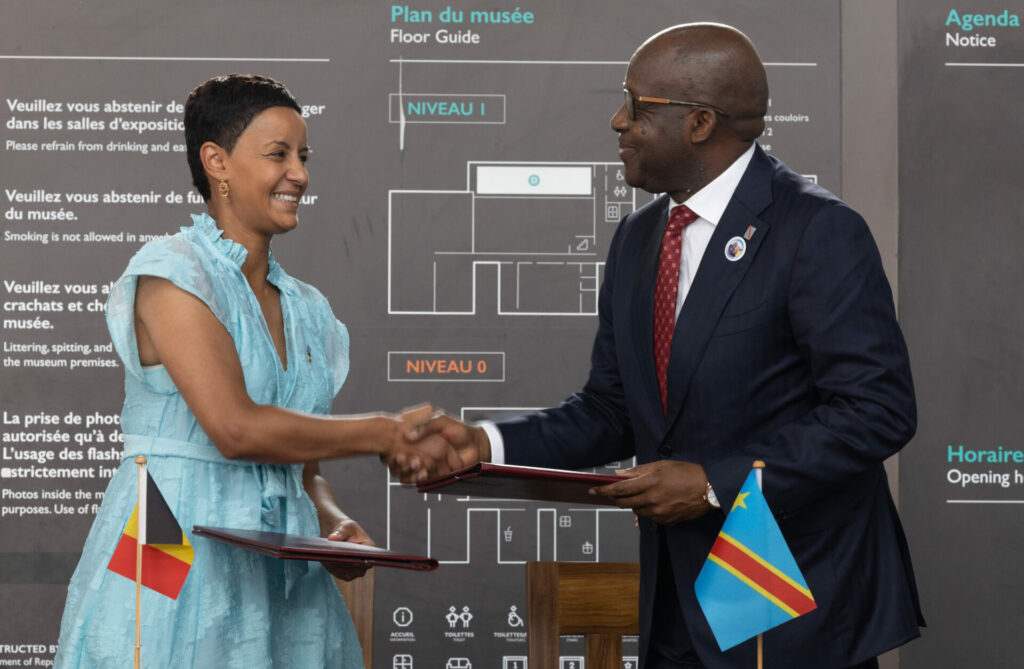Belgium vouched to invest €16 million to improve social protection and working conditions in the Democratic Republic of Congo, during the week-long visit of the King and Queen.
Belgium's Federal Minister for Development Cooperation Meryame Kitir signed the cooperation agreement for this purpose with the DRC's Minister for Foreign Affairs, Christophe Lutundula on Friday.
"In Congo, poverty is extreme," Kitir stated. "A full-time job is the best chance for a better future."
With this cooperation, both ministers have agreed to strengthen the social consultation process between employers and employees to improve social protection in the Congolese labour market and provide decent job opportunities, particularly for Congolese youth and women.
The partnership is primarily aimed at employees in Congo's informal economy, such as the services and agricultural sectors, where many people, particularly women and young people, frequently face bad working conditions.
Related News
- Belgian King and Queen leave for state visit to Congo
- 'Deepest regret,' but no apology: King Philippe acknowledges colonial cruelties
- Belgium's King Philippe returns rare mask to DR Congo
According to Kitir, the introduction of numerous training initiatives as well as a real job placement service might contribute to the creation of 12,000 "quality jobs."
This is the first time that the Belgian Development Cooperation is working in a regional framework on social protection in the Great Lakes region, with the partnership also extending to Rwanda and Uganda. The Belgian development agency Enabel will be in charge of the programme's local implementation in Congo, and the arrangement will run from 2022 to 2026.
During the visit, King Philippe stated in a highly-anticipated speech in front of the Congolese parliament that Belgium wants to continue to contribute to all initiatives that offer more good governance, prosperity, health, security and justice in the DRC.
He expressed his "deepest regrets for those wounds of the past," referring to Belgium's colonial regime in the country, saying that it was "based on exploitation and domination."
However, he did not go so far as to offer a formal apology for the colonial period – as that could lead to a Congolese demand for (economic) repatriations.

